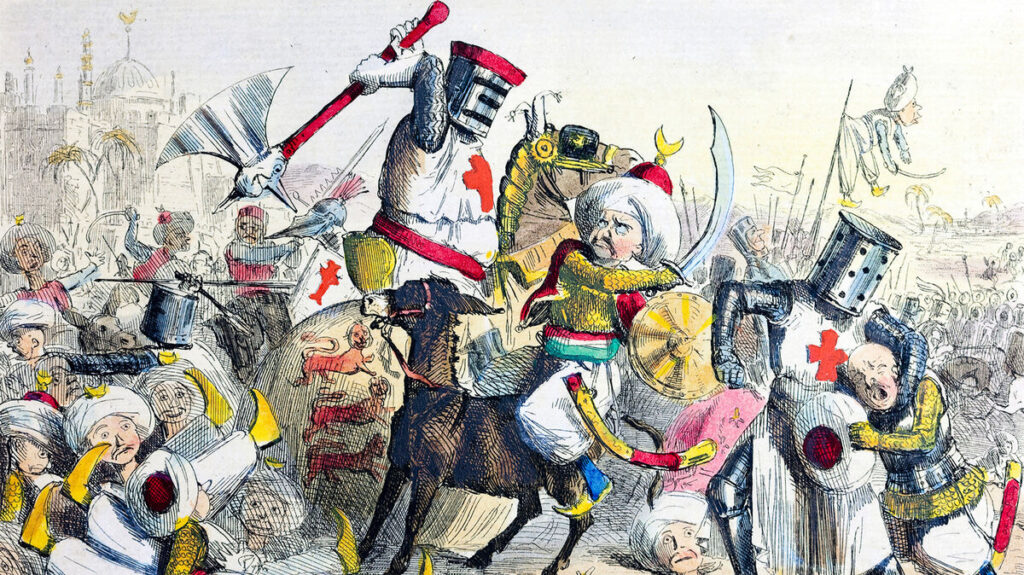
The role of religion in American society waxes and wanes. I remember back in the 70s when Time Magazine unearthed Friedrich Nietzsche and famously declared “God is Dead” on its cover. Turns out the death of God was greatly exaggerated, as current events demonstrate.
The push and pull of religion is tied closely to the push and pull of politics. The two twist around each other like strands of DNA, exchanging bits and pieces of cultural genes as they do so. At times one or the other seems to dominate, only to fade in influence for a while before surging back to life.
Ever since the Enlightenment, it’s been widely assumed that in the Age of Reason the influence of religion would diminish. Reason, after all, is at the heart of science. To a growing number of well-educated and literate members of society, supernatural religious thought began to appear increasingly naive and superstitious. So it was that Time Magazine, albeit hasty in its declaration, was nonetheless on to something. And yet, although fewer people today declare themselves overtly religious and while traditional church memberships are shrinking, the influence of religion in America is growing stronger at the moment.
One explanation is that for an increasing number of people, politics in America is now their religion. For many, God is not dead, and he waves The Stars and Stripes. The iconography of the flag now mirrors the iconography of religion, making the two essentially one, hence the religion of politics. An adulterous ex-president shamelessly hawking a $59.99 God Bless the U.S.A. Bible that includes our Constitution says it all.
This is far from the first time religion and politics have been joined at the hip; history is filled with such moments. The Crusades, as example, were a mobilization of political power by Pope Urban II in the year 1095. The mobilization of American evangelical Christians in 2024 by the Republican Party is another. Despite attempts to separate church and state, their interdependence continues.
Politics and religion meet at a mythological crossing point: belief. Belief defies reason, which is why arguing about what’s true, proven, or logical is so often an ineffective method of persuasion. The mythology of America – land of the free and home of the brave, with liberty and justice for all – defies any evidence to the contrary, resembling devotion to the religious mythology of original sin, heaven, and hell. When the power of religious belief is bestowed upon politics, reason takes a back seat. So it is that the reproductive rights of women are gradually being stripped away by religious fundamentalists, the life of a mother rationally subordinated in law to the life of a fetus.
In countries like Afghanistan there is no pretense of separation between church and state, fundamentalist Taliban clerics rule both society and religion with a clenched fist. There are those in America who want the same here, that society be governed by religious, not human law. Thus it is that Enlightenment thought and it’s reasoning engenders its own demise; by empowering individualism and freedom of expression, it allows the free expression of its contradictory opposites. Go figure.
This effect, liberal democracy paradoxically undermining itself, gives advantage to authoritarian regimes, religious and otherwise. Thus, when asked while exiting the Constitutional Convention in 1789 whether the new constitution would provide a monarchy or a republic, Ben Franklin reportedly replied, “A republic, if you can keep it.”
Nice work Larry